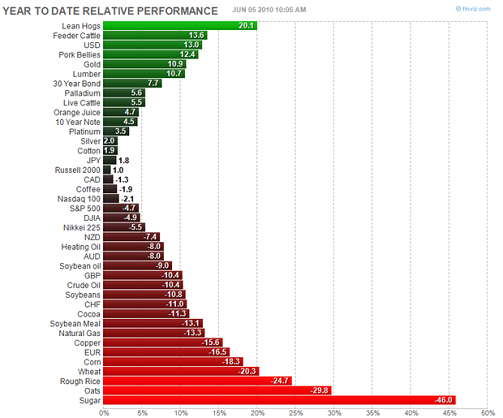If Pope Benedict XVI has been praying for a break from the endless criticisms against the Catholic church, it looks like he’s out of luck. Today’s news is about his statement condemning what he calls the deplorable actions of Belgian police who raided a cathedral in the country as part of their ongoing investigations on sexual abuse by Catholic priests. What’s especially shocking about this statement is his insistence that the Catholic church be allowed autonomy to investigate the sexual abuse allegations on their own.
So far, so bad but there’s nothing particularly new in all this. What’s more interesting is this extended expose published last week in Der Spiegel about a more conventional kind of corruption in the church’s organization in Germany. From the article:
The Catholic Church in Germany, already struggling to cope with the sex abuse scandal, has been hit by revelations of theft, opaque accounting and extravagance. While the grassroots faithful are being forced to make cutbacks, some bishops enjoy the trappings of the church’s considerable hidden wealth.
Shortly before Pentecost, Pastor S. received an unexpected early morning visit, not from the Holy Ghost, but from the police.
For the authorities, the words of the Gospel of Luke came true on that morning: He who seeks finds. More than €131,000 ($158,000) were hidden in various places in the rooms of the Catholic priest, tucked in between his laundry or attached to the bottom of drawers. The reverend was arrested on the spot. After several weeks in custody, Hans S., 76, is now back at the monastery, waiting for his trial.
And lo and behold, the proliferation of cash may have been even more miraculous than initially assumed. The public prosecutor’s office in the southern city of Würzburg now estimates that S. may have embezzled up to €1.5 million from collections and other church funds. The members of his flock in a wine-growing village in the northern Bavarian region of Franconia are stunned. They had blindly trusted their shepherd, who always seemed so humble and modest.
The Catholic Church is currently being shaken by a number of financial scandals, not only in Franconia but also in Augsburg, another Bavarian city, where Bishop Walter Mixa’s dip into funds from a foundation that runs children’s homes recently made headlines.
More than €40 million have gone missing in the Diocese of Magdeburg in eastern Germany, €5 million have disappeared in Limburg near Frankfurt, and it was recently discovered that a senior priest in the Diocese of Münster had 30 secret bank accounts. And while parishes throughout Germany are cutting jobs and funds for community work, many bishops are still living on the high horse. A brand-new residence? An ostentatious home for their retirement? Restoration of a Marian column to the tune of €120,000? None of these expenditures presents a problem to high-ranking church officials from Trier in the west to Passau in the southeastern corner of Bavaria, whose coffers are brimming with cash.
The behavior of the church is this regard is precisely the same as what one would expect to see from corrupt government officials: insistence that church accounts are secret and spending is totally at the discretion of church officials, refusal to open up the books to independent auditors, extravagant spending on residences for clerics while maintaining that all this is for the good of the church and even keeping large sums of money in cash instead of in a bank account. As the article notes, all this is made even more painful as the parishioners who actually use the church’s services face austerity cutbacks.
Extra chuckles at how the church continues to benefit from such frivolities as free firewood and altar wine due to centuries-old treaties between the church and the state that lawmakers in Germany never bothered to review and probably know nothing about.

